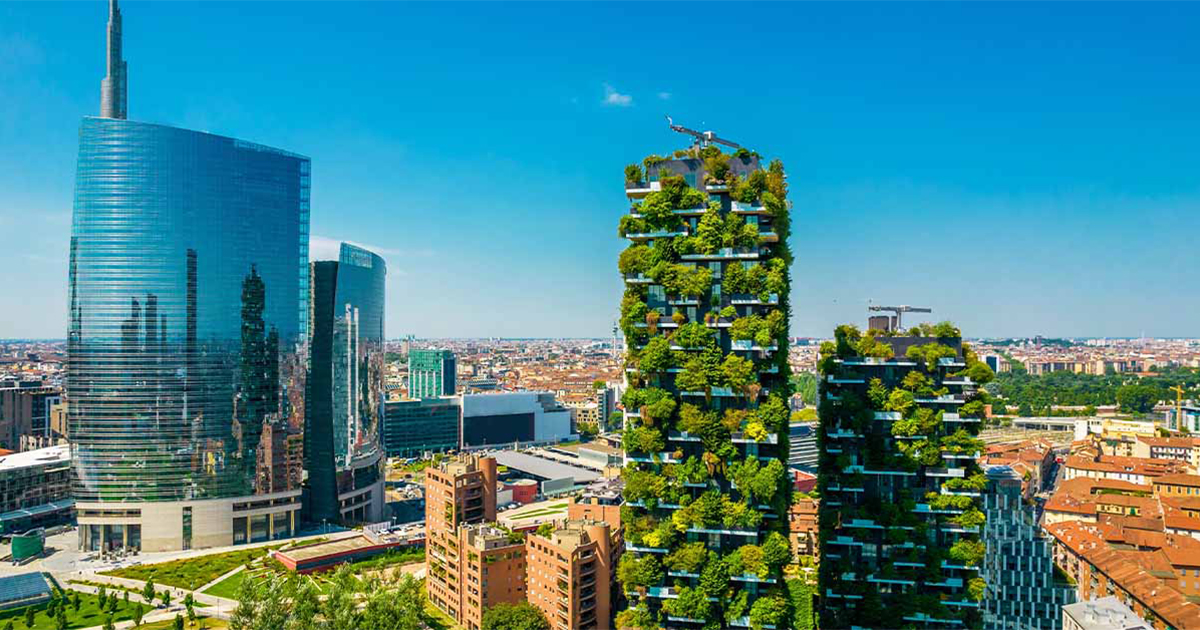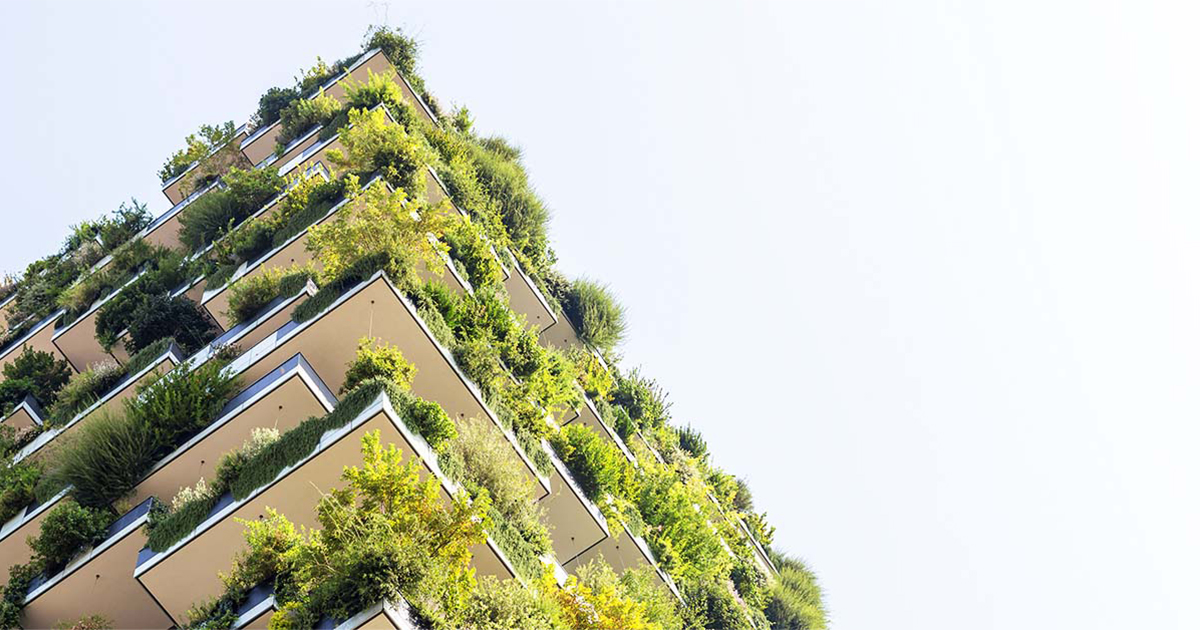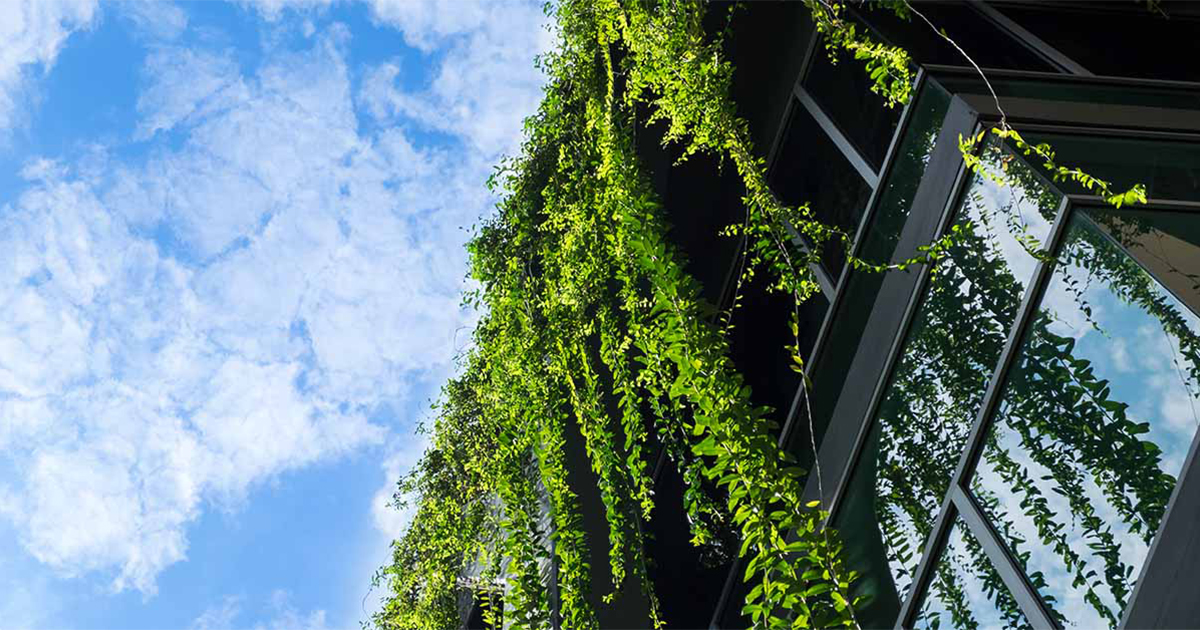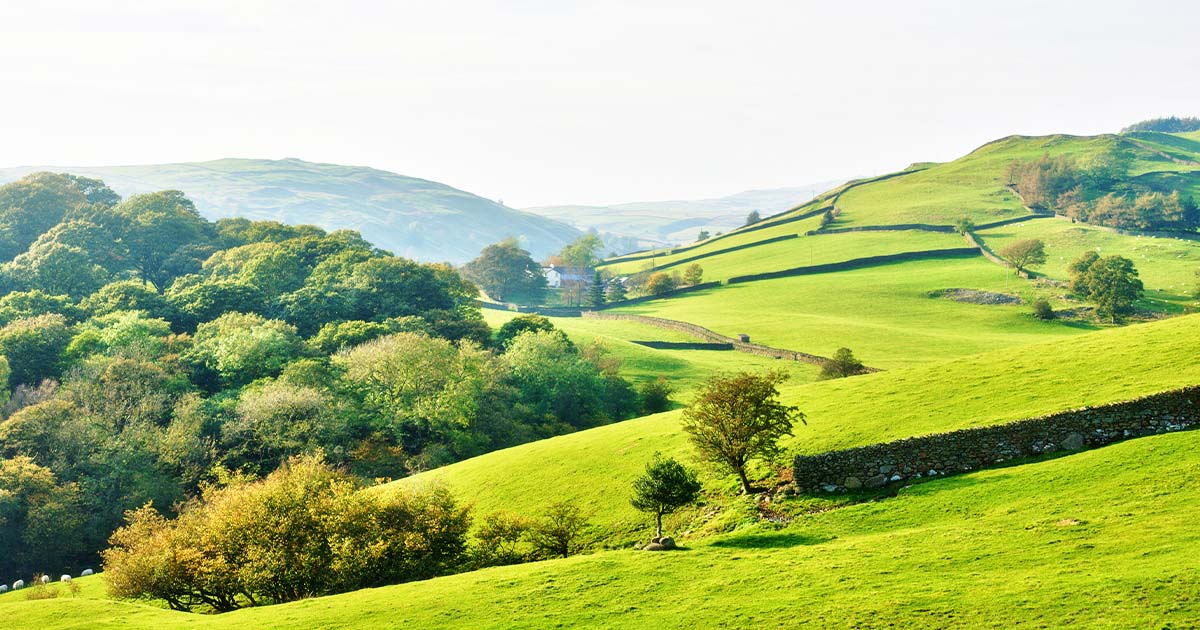With the real estate market responsible for nearly 40% of global carbon emissions, it is essential for our industry to act now and strive towards net zero.
Whether you’re at the beginning of your sustainability journey or looking to meet your pre-established targets, we can help you with this.
Our teams are committed to providing truly commercial advice that helps you understand the legal perspective to sustainability. Working across every real estate sector, from sheds to student accommodation, we hold particular expertise in the below areas.
-
Drafting for a sustainable future
-
Biodiversity
-
Green regulations and certifications
-
Renewable energy infrastructure
-
Electric Vehicle charging infrastructure
-
Natural capital
Our experience doesn’t stop there, however. We also collaborate across our expansive real estate team to provide the breadth of advice needed for our clients, from agreements for financing natural capital to dealing with biodiversity net gain in sale contracts. Our Rural, Residential Property, Commercial Real Estate, Planning and Construction teams work seamlessly to provide a full-service offering. This means that from conservation to construction, we’re well equipped to look after your needs.
With government net zero targets fast approaching, we’ll guide you in building a strategy that helps you meet your sustainability goals – and we’ll work with you along every step to get there. So whether it’s a large scale development or you’re looking to let a building, we’ll be there from heads of term stage through to completion. Get in touch to hear more from our sustainability experts.
Meet our team
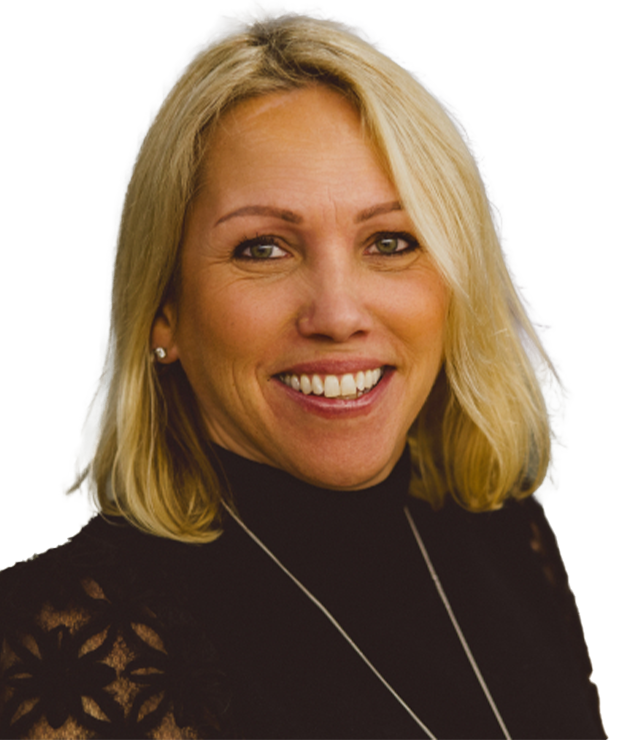
Victoria Towers
Partner, Head of Commercial Real Estate
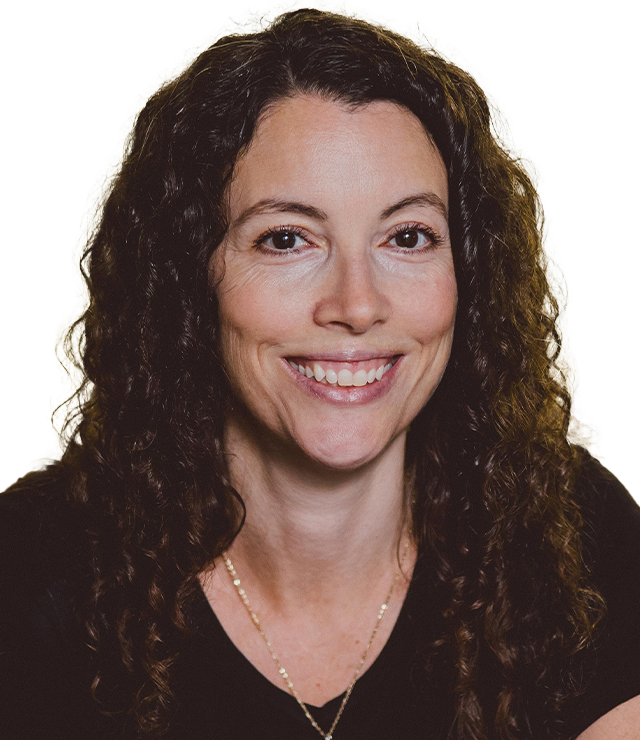
Louise Irvine
Senior Knowledge Development Lawyer, Commercial Real Estate

Edward Glass
Counsel, Commercial Real Estate





